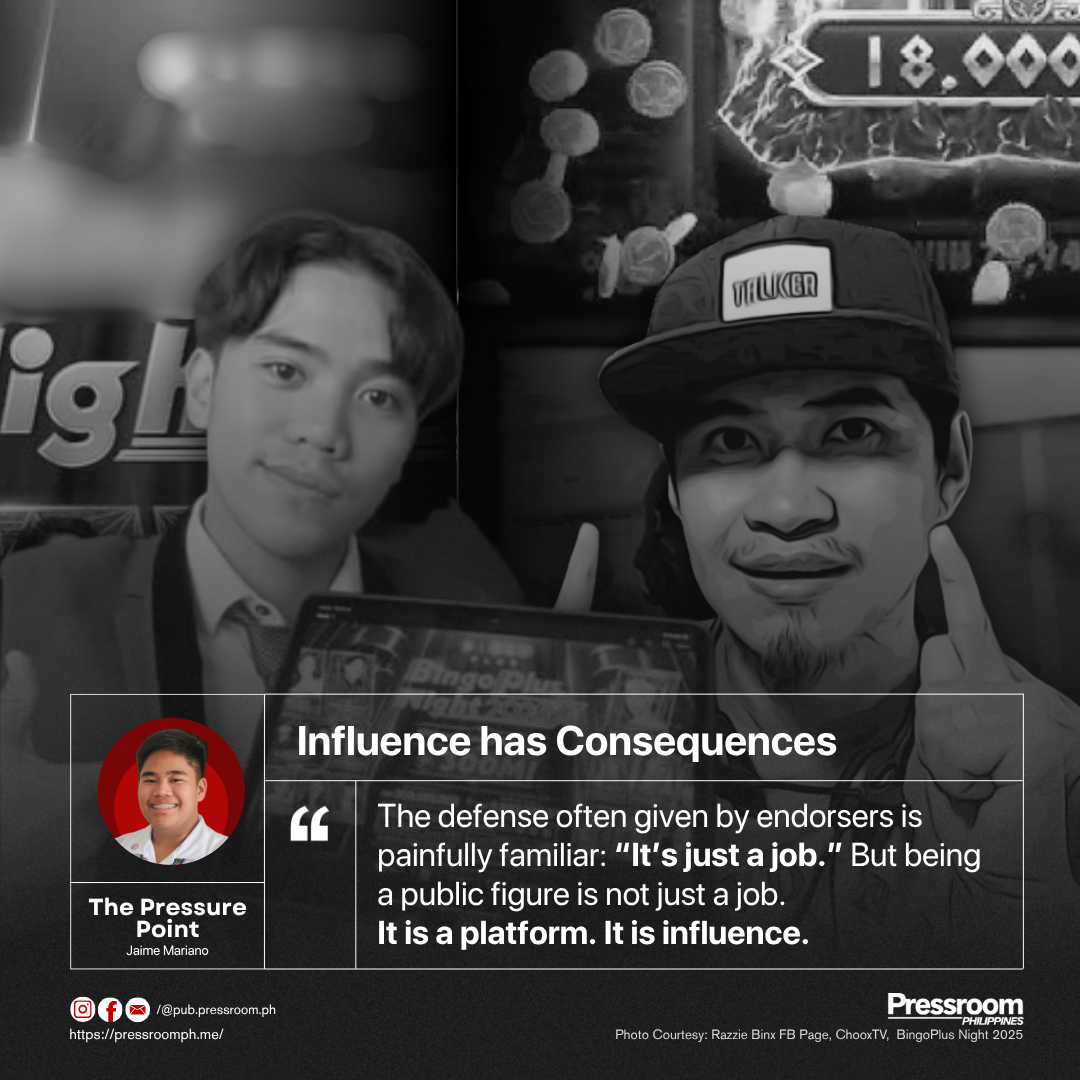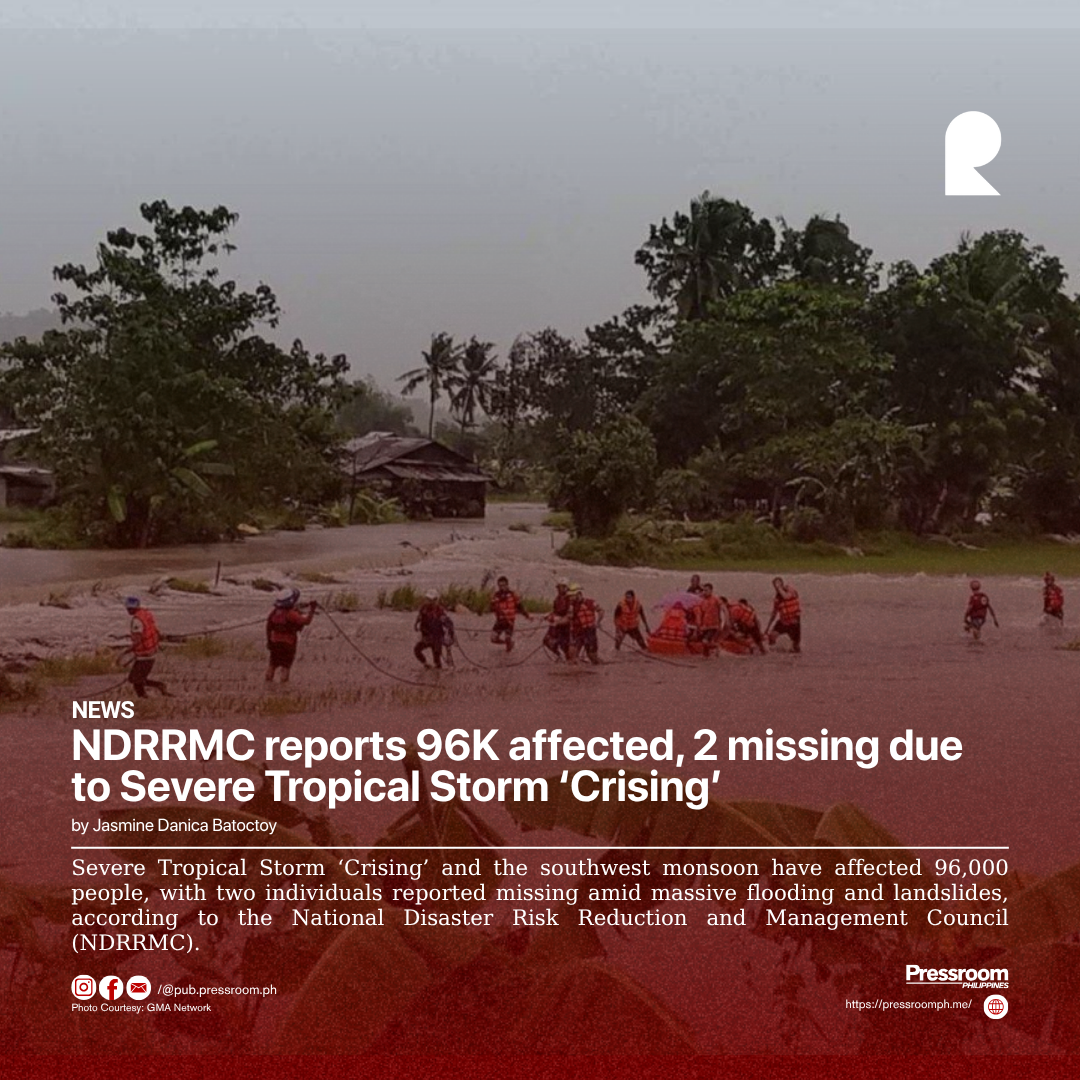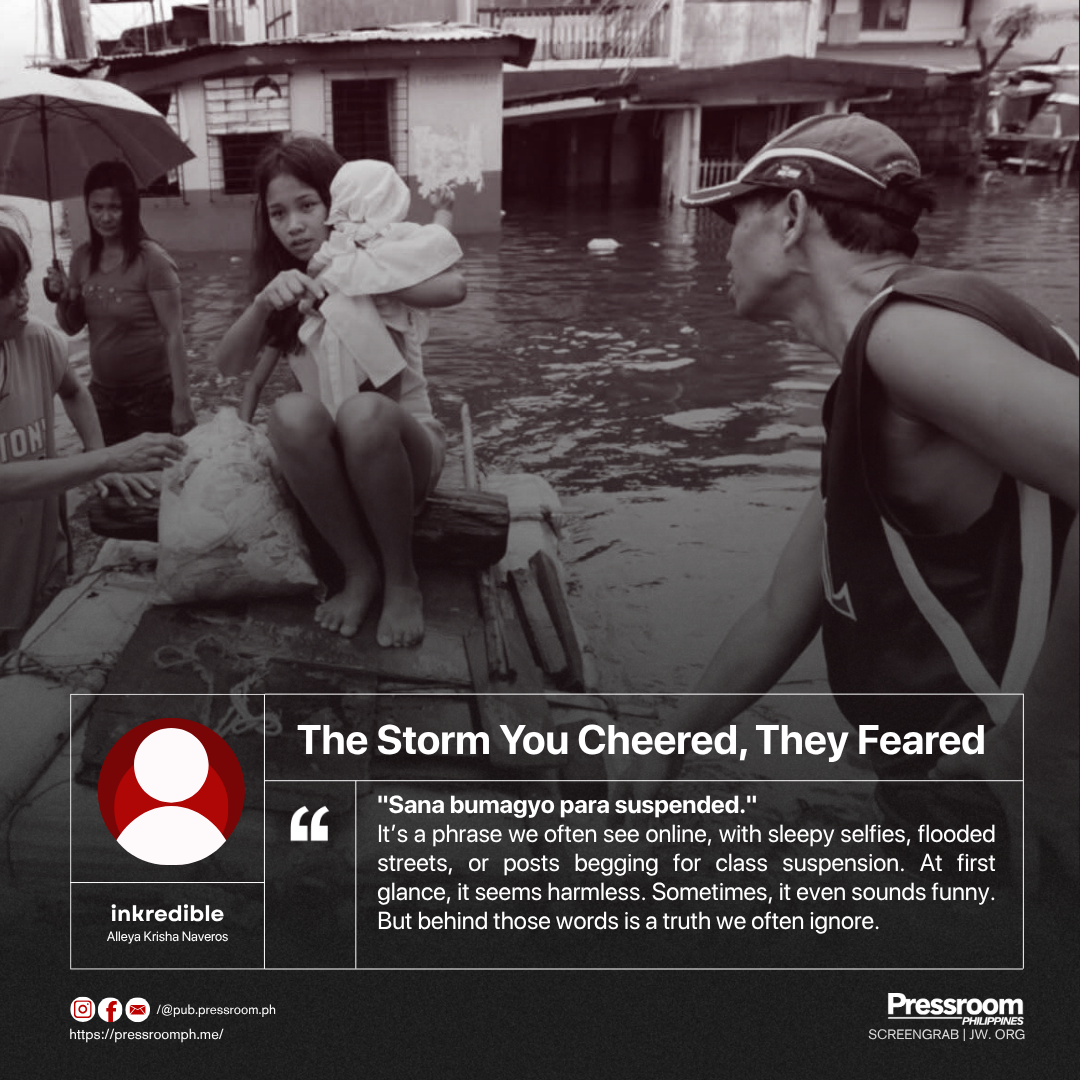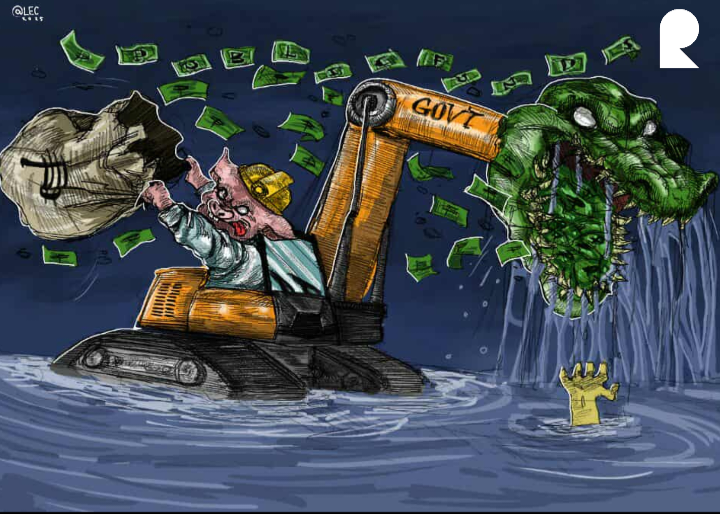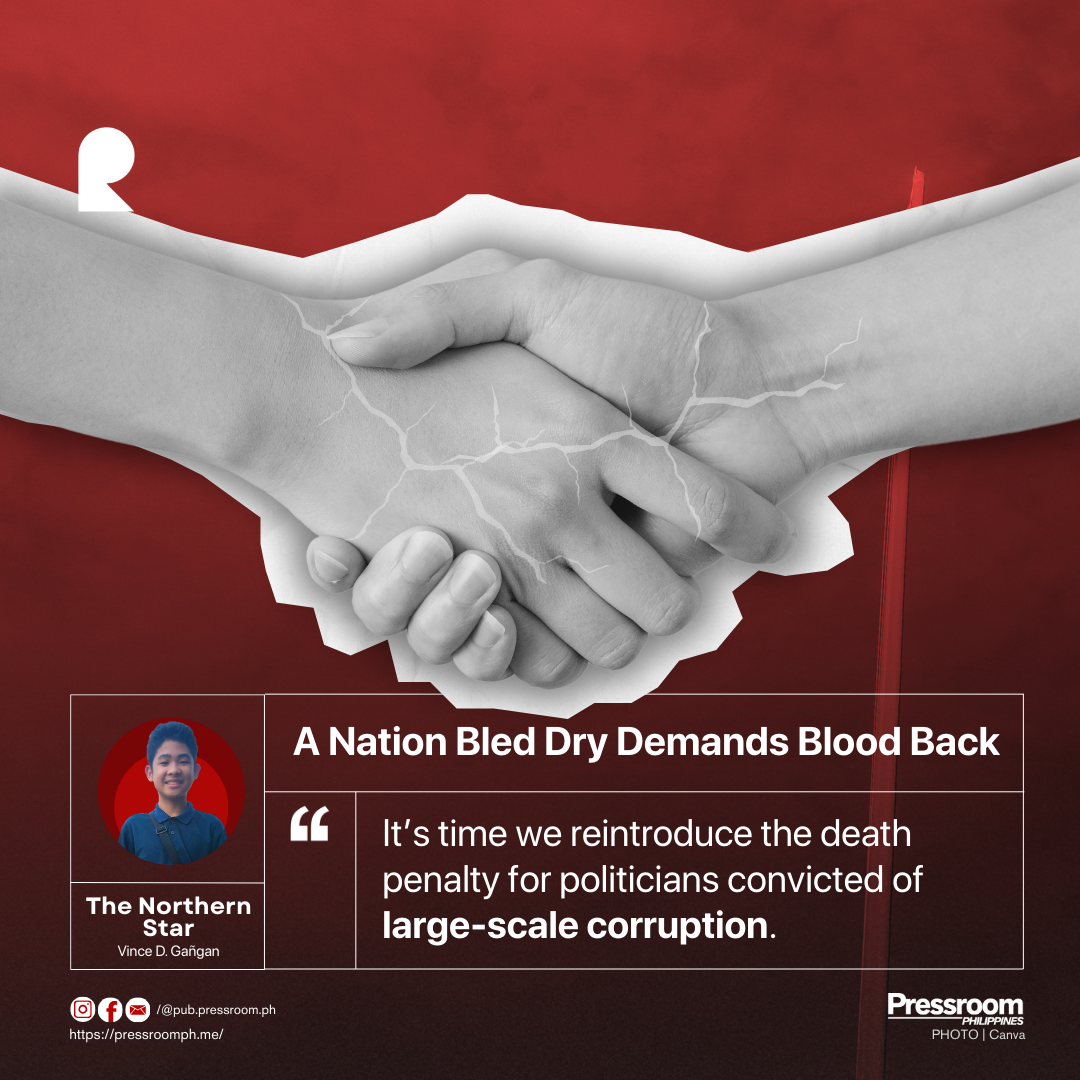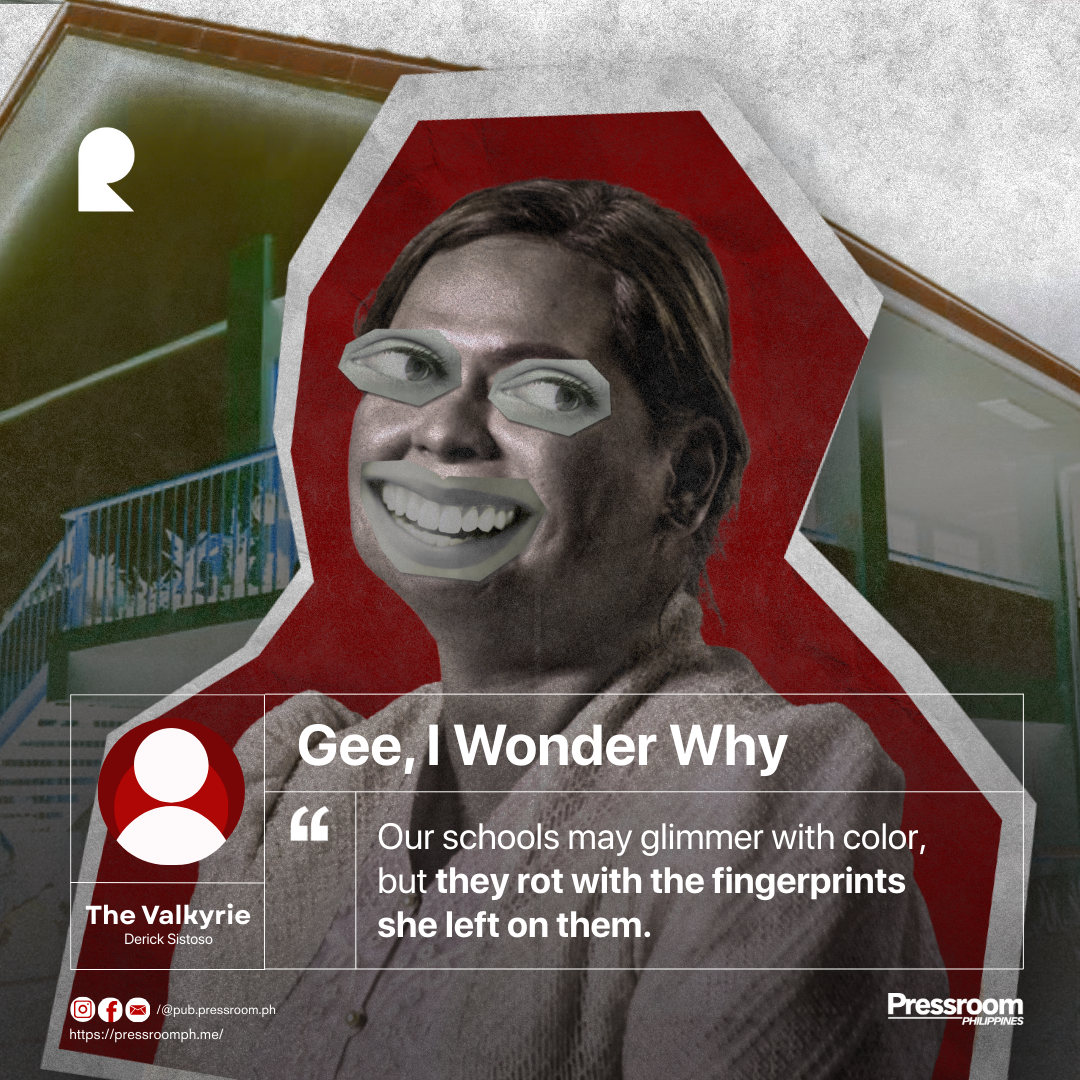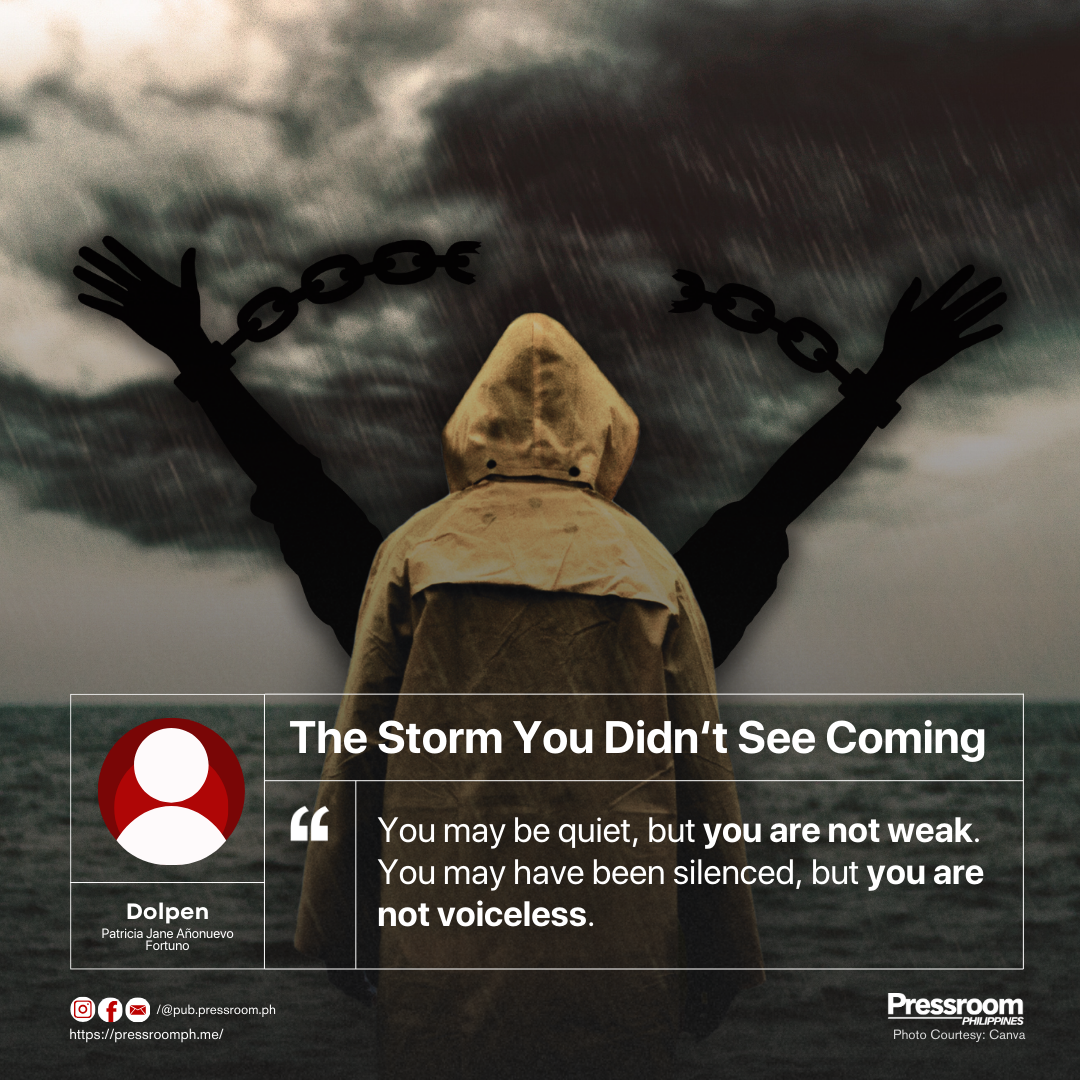In a digital era where the divide between influence and responsibility is blurred, Filipino celebrities stand at a troubling crossroads. With the rise of online gambling, now just one click away, many familiar faces have lent their star power to a booming industry that thrives on high-risk behavior and vulnerable audiences.
Online gambling in the Philippines is no longer just a niche pastime—it has exploded into a full-blown cultural phenomenon. Flashy ads, large billboards, and sleek user interfaces lure users into betting with promises of easy money and instant gratification. But what makes this issue even more dangerous is the growing involvement of celebrities. When public figures, trusted by millions, endorse gambling platforms, the danger multiplies. Their influence gives these platforms a false sense of legitimacy, making risky behavior look fun, harmless, and even aspirational.
In the past few years, numerous Filipino artists, from A-list stars to popular influencers, have been spotted promoting online gambling sites, either on billboards, livestreams, or branded posts. Some may argue that these are simply "endorsements," but the stakes are far higher than product placements. When a celebrity promotes a lipstick, the worst-case scenario is buyer’s remorse. But when they promote a gambling app, the cost can be addiction, financial ruin, or worse.
Take for instance, the backlash against certain artists who appeared in slick campaigns for online casinos. The criticism wasn't just about the brands they supported; it was about the values they abandoned. Many of these celebrities built their image around trust, empowerment, or social responsibility. So when they pivot to promoting high-risk apps, it's not just disappointing—it’s dangerous.
And then there are ads that mislead the public even further by using celebrities’ names, voices, or manipulated images without their consent. With the rise of AI-generated videos and edited clips, many stars have unknowingly become the faces of online gambling, without ever signing a contract. This exploitation not only harms the celebrities but also misleads thousands of fans who assume their idols are recommending these apps in good faith.
What makes this trend even more alarming is the lack of regulation in the digital space. Many of these gambling platforms operate in legal gray zones or are registered offshore. Yet they’re promoted openly through Filipino social media, YouTube vlogs, and even on digital billboards. And because the messengers are trusted figures, the audience rarely questions the message.
The defense often given by endorsers is painfully familiar: “It’s just a job.” But being a public figure is not just a job. It is a platform. It is influence. And in a country where many idolize celebrities with near-religious devotion, the lines between endorsement and encouragement are dangerously thin.
Content creators, in particular, should be more self-aware. Some may think, “If I promote gambling, someone else might play. If they get in trouble, that's their fault.” But that logic is flawed. If a fan signs up and loses money because a creator’s promotion influenced them, that weight isn’t solely on the fan—it’s on the creator too. You can't hide behind the idea of personal choice. You were the one who promoted it. You shaped their thinking. They played it. They made risky financial decisions. That accountability falls on creators.
Influence means responsibility. And creators, whether influencers or mainstream celebrities, must begin holding themselves to a higher standard when accepting paid promotions. Because power influences power. Whether they admit it or not, they are shaping behavior, normalizing harmful industries, and profiting from platforms that prey on financial vulnerability.
Laws may eventually catch up, but the damage is already being done in real-time. Online gambling addictions are growing, financial losses are piling up, and trust in public figures is quietly eroding. While the government may step in with restrictions, the real power lies with the celebrities themselves.
Celebrities are not just entertainers anymore. They are role models, trendsetters, and for many Filipinos, even de facto life coaches. With that power comes responsibility. Choosing to endorse online gambling is not a neutral act; it is a decision that has real-world consequences, particularly for followers who may lack the critical tools to discern marketing from manipulation.
This column is not a call for censorship. It is a call for consciousness. When artists use their platforms to promote high-risk habits, they are not simply selling services. They are shaping public behavior. And when that behavior leads to harm, no amount of “sorry” can undo the influence already cast.
So here’s the challenge: if you are a celebrity, influencer, or artist reading this, ask yourself what your face is really endorsing. Is it entertainment, or exploitation? Visibility, or vulnerability?
Because fame is not just spotlight—it’s responsibility.
And it’s time we hold our stars to it.
